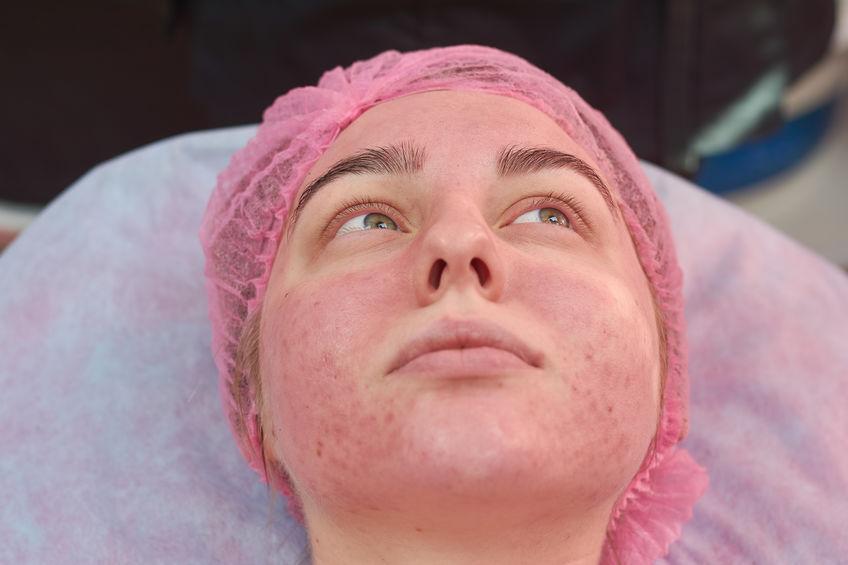Any Time Is A Good Time To Visit The Dermatologist
Acne is a rite of passage for most teenagers. During puberty, hormones called androgens stimulate the oily sebum production on the skin, which can clog pores. Genetics, cosmetics, and some medications can also worsen teen acne. Teens are especially prone to self-esteem issues due to whiteheads, blackheads, and cysts. Visiting a dermatologist for any severity of acne is a smart choice.
Speaking with teens about acne
Parents should approach the sensitive topic of acne with an open mind and no judgment. Acne comes at one of the most inopportune moments in a person’s life. Parents can reassure teens with acne that the condition is treatable. Establishing a line of communication can be the first step to creating an effective skincare routine.
When to seek professional help
Parents and teens can visit a dermatologist at any time Some prefer to try over-the-counter medication without a prescription first. A dermatologist can provide specialized care for a range of acne cases. Parents and teens can visit a dermatologist for the following reasons:
- Acne is severe
- Over-the-counter treatment such as salicylic acid, benzoyl peroxide, or glycolic acid, doesn’t help
- Acne appears after starting a medication
- Acne scars are developing
- Acne causes self-esteem issues
Finding help
A pediatrician or family doctor can suggest a referral, or parents can research and visit a dermatologist directly. Dermatologists will ask about past medications used for acne, length of use, and results.
Treatment
When over-the-counter treatment doesn’t help, dermatologist-prescribed medications can reduce a teen’s emotional and physical suffering. Teens with severe acne can go directly to a dermatologist to prevent infections or scarring. Dermatologists can recommend a range of topicals, including antibiotics to clean the affected area and retinoids to unclog pores and improve the efficacy of antibiotics.
Offer support and understanding
Teens with mild or severe acne can experience low self-esteem and bullying. Finding a treatment option as soon as possible can improve a teen’s quality of life. Parents should be supportive and sympathize with a teen’s concerns. Following a dermatologist-approved plan and empowering teens with education can significantly reduce acne. Patients should speak with a dermatologist to learn more about teenage acne.


